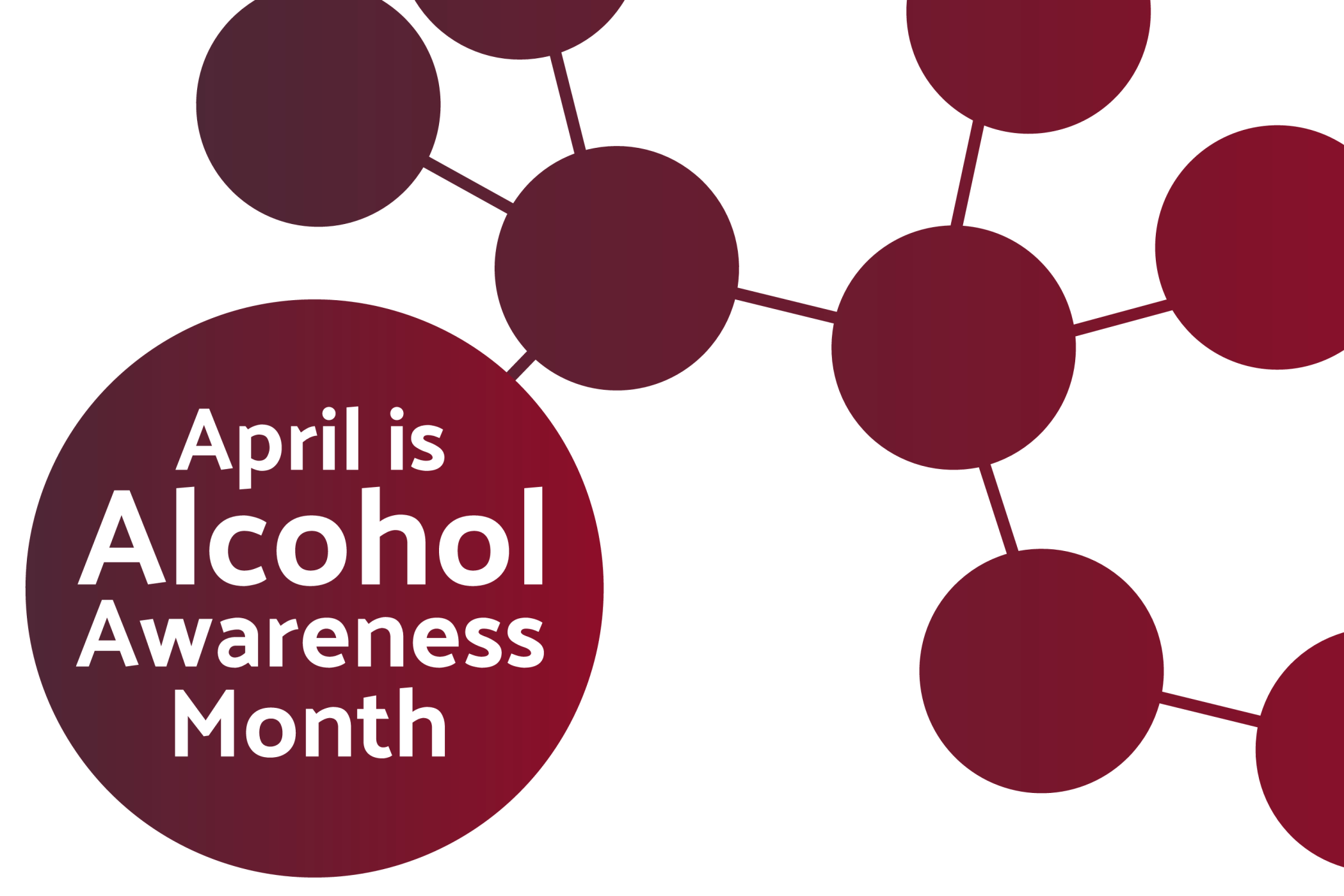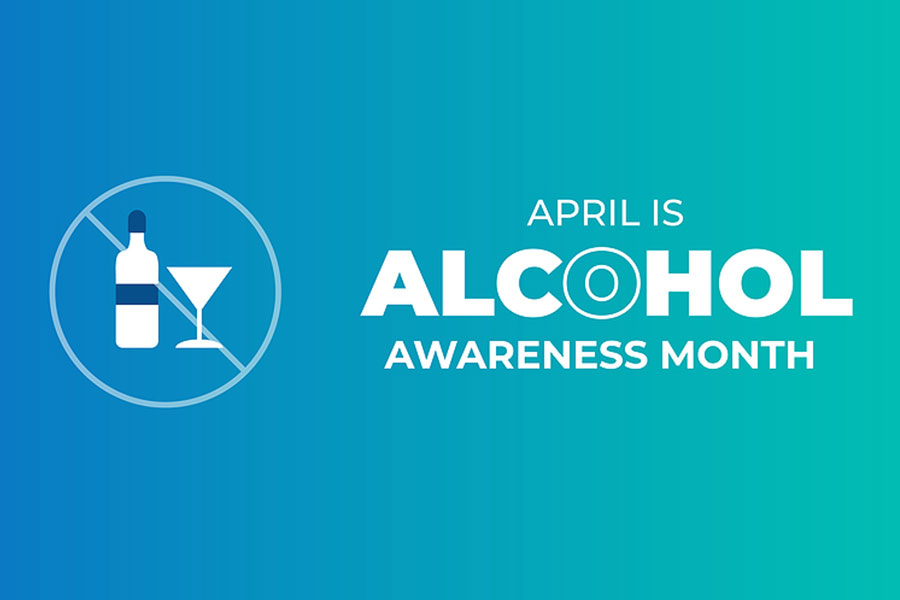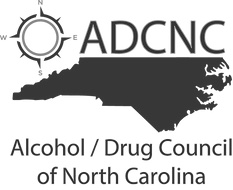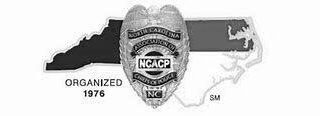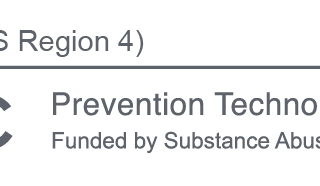Underage Drinking Facts
Discover the latest statistics and learn how stigma and behaviors
surrounding underage drinking are changing
The Truth About Underage Drinking
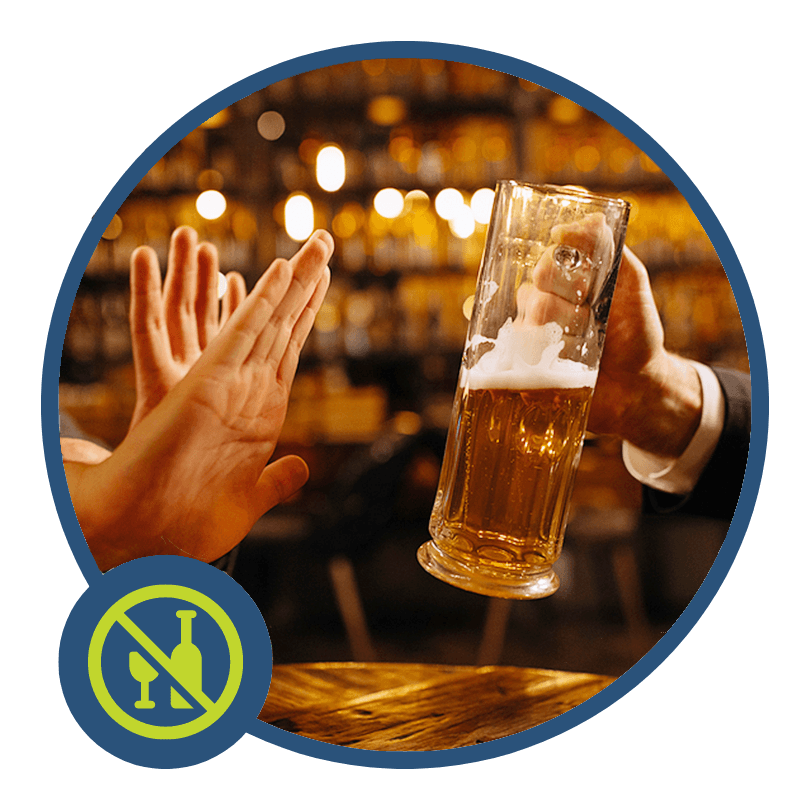
Underage Drinking Statistics
But exposure to alcohol happens long before high school.
What does this mean for the parenting community and other youth leaders?
We can’t wait until high school to start the conversation about underage drinking. We must start earlier — to help empower young people to say no to underage drinking.
6 Reasons Why Teenagers Drink
- 1
Curiosity
- 2
Peer pressure – they are desperate to fit in
- 3
Environmental influences like advertising, social media, movies, and TV
- 4
To cope with stress or underlying issues
- 5
To seem older or more independent
- 6
They lack set guidance and boundaries from authority figures
Stats from Kidshealth.org

The Dangers of Underage Drinking
Underage Drinking Can Kill
• Alcohol-related deaths among people 16-20 years old increased nearly 30% between 2019 and 2020 7
Underage Drinking Can Lead To Other Unsafe Outcomes
- Trouble in school, including higher rates of absences or lower grades
- Social struggles, such as fighting or lack of participation in youth activities
- Legal problems, such as arrest for driving under the influence or physically hurting someone while drunk
- Physical setbacks, like hangovers or illnesses
- Physical and sexual violence
- Alcohol poisoning
- Alcohol-related motor vehicle crashes and other accidental injuries, such as burns, falls, or drownings
- Memory problems
- Misuse and abuse of other substances
- Changes in brain development that may have life-long effects
Underage Drinking Is Linked To Mental Illness
• Anxiety sensitivity
• Elevated levels of depression
• Increased risk of alcohol misuse in adulthood
• Worsened stress response
• Increased risk of suicide 8
Did You Know North Carolina Has A Zero-Tolerance Policy?
While the facts on the health implications of underage drinking are startling, there is also the potential for serious legal ramifications. Under current NC Law 18B, a person under the age of 21 caught purchasing, attempting to purchase, consuming, or possessing alcohol will be charged with a Class 1 misdemeanor. In addition, obtaining or distributing a fake ID, or letting someone borrow a legitimate license, is a criminal offense. Sentencing is left to the judge’s discretion.
North Carolina takes a zero-tolerance stance against drivers who are under the legal drinking age but drank and then got behind the wheel. Any amount of alcohol will result in an immediate 30-day pretrial revocation of their driver’s license. If an underage drinking driver refuses to take a sobriety test, they could be convicted of driving after drinking if the smell of alcohol was on their breath. If convicted, the Division of Motor Vehicles can revoke that person’s driver’s license.
“People under age 21 simply cannot drive with any alcohol or illegally-used drugs in their systems – period.”
Now’s the time to talk with young people about underage drinking.
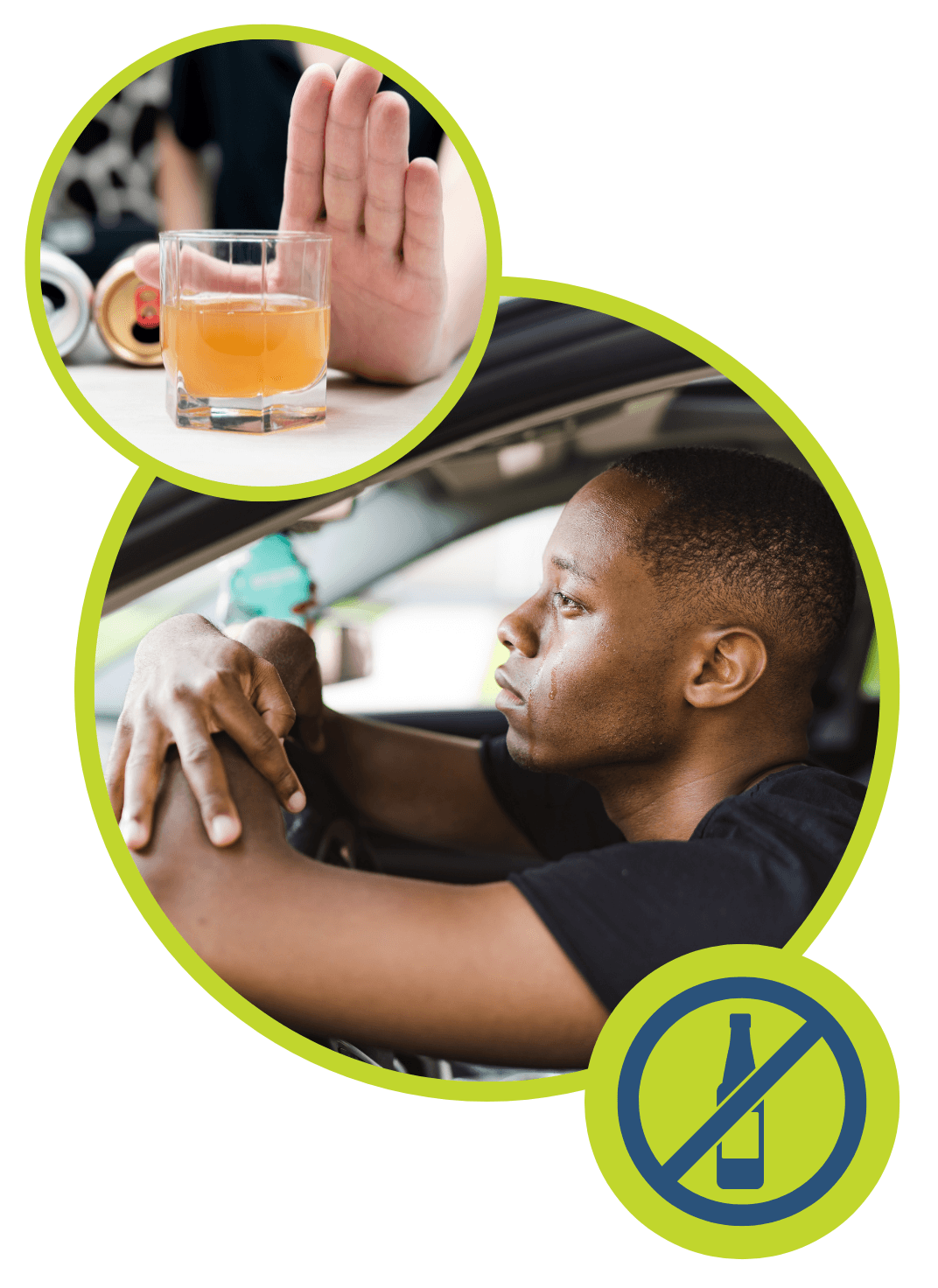
Stay Up-To-Date With Talk it Out NC
Read our Latest Blog
Does Alcohol Make You Dumb? How Underage Drinking Alters Your Brain
Even if you do your best to avoid underage drinking, you can still find yourself at a party or [...]
April is Alcohol Awareness Month: Here’s What to Know
Spring is a hopeful time of year when we promote growth and renewal. By observing Alcohol Awareness Month in [...]
Talk it Out NC Encourages Underage Drinking Prevention During Alcohol Awareness Month
Governor Issues Proclamation, Talk it Out NC Provides Interactive Toolkit to Prevent Underage Drinking RALEIGH, N.C. – (April 1, 2024) [...]
Follow us on Instagram
Our Partners


